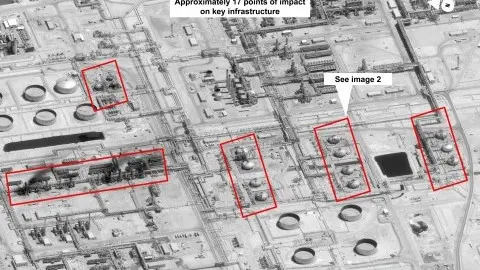Spain: New elections in November
Pédro Sanchez, Spain's caretaker prime minister, had until 23 September to find a majority in parliament for his government. But last night it became clear that his efforts have failed. Spain will now go back to the polls
New elections
Early this week, King Felipe VI met with the main party leaders to see if Sánchez would have enough support to form a government. Late yesterday evening, the king decided he has not. This implies that there will be new elections on 10 November, the fourth time in four years.
The key conclusion we can draw from opinion polls is that the political landscape hasn’t changed much since the April elections. So based on these poll results, the formation of a government after the November 2019 elections will not be any easier.
The PSOE remains the largest party but still falls short of an absolute majority. Admittedly, the PSOE's support has increased slightly over the last couple of weeks which implies a gain of a few seats. In the April elections, the PSOE won 123 of the 350 seats in the Chamber of Deputies. On the right, we see a drop in support for Ciudadanos and a corresponding increase for the Partido Popular.
Impact on markets
It seems that financial markets are not really worried at this point about these recent events as the Spanish-German bond spread has barely moved.
Even though the political situation is difficult, the economic landscape seems to have improved over the last couple of months based on recent survey data. The ESI, the economic confidence indicator of the European commission, increased sharply in August. The PMI for the manufacturing sector also increased in August and this was the second increase in a row, even though it remains under the critical 50 level. The composite PMI, however, remains above 50.
With 2.2% growth in 2019, we expect Spain to remain one of the fastest growing economies in the eurozone (expected growth of 1.1% this year) and the political turmoil is unlikely to change that.
This publication has been prepared by ING solely for information purposes irrespective of a particular user's means, financial situation or investment objectives. The information does not constitute investment recommendation, and nor is it investment, legal or tax advice or an offer or solicitation to purchase or sell any financial instrument. Read more
Download
Download snap
18 September 2019
In case you missed it: A big week for oil This bundle contains 10 Articles